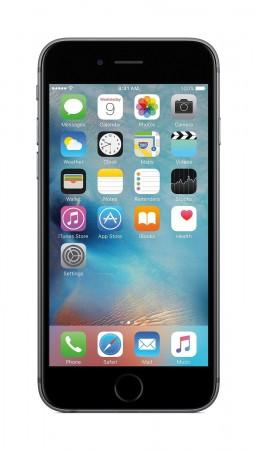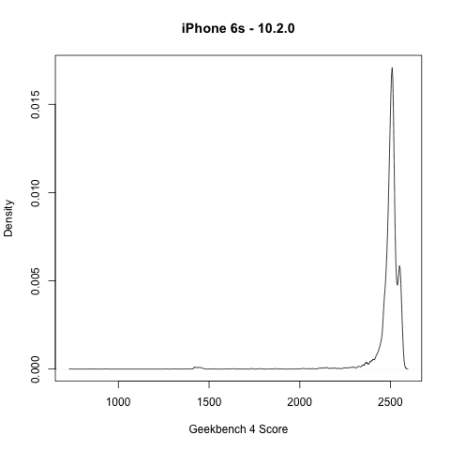Last week, there were speculations that Apple is throttling the performance of its older iPhones with degraded batteries. Apple has addressed claims of benchmarking firm Primate Labs, that said the maker of iPhones slowed down the performance of the older iPhones.
On December 18, Primate Labs published data that showed a slower performance of the Apple iPhone 6s and iPhone 7 models. Apple acknowledged the issue and said the company will take some measures to reduce power demands.

Lithium-ion batteries degrade over time and it is quite obvious, and Apple can't do anything to halt the process, so it uses power management techniques to attempt to prolong the life of the iPhone and its battery. Apple is not denying the fact that iPhones with older batteries can see a slower performance, but power management is not a feature that's been implemented to force users to upgrade by deliberately slowing devices.
According to Apple, "Last year we released a feature for iPhone 6, iPhone 6s and iPhone SE to smooth out the instantaneous peaks only when needed to prevent the device from unexpectedly shutting down during these conditions, "Apple said in an emailed statement to Reuters. We've now extended that feature to iPhone 7 with iOS 11.2, and plan to add support for other products in the future."

Last week the first throttling accusations surfaced after a Reddit user shared Geekbench results taken before and after the battery in his iPhone 6s was replaced. He claimed that the performance on his iPhone 6s speeds up drastically after replacing a battery with a wear level "around 20 percent."
Apple offers a battery replacement service for the customers who are out of warranty, the company is charging $79 for a battery replacement plus $6.95 in shipping. Apple has faced a lot of criticism from repair advocates for making its batteries so difficult for users to replace on their own.

















